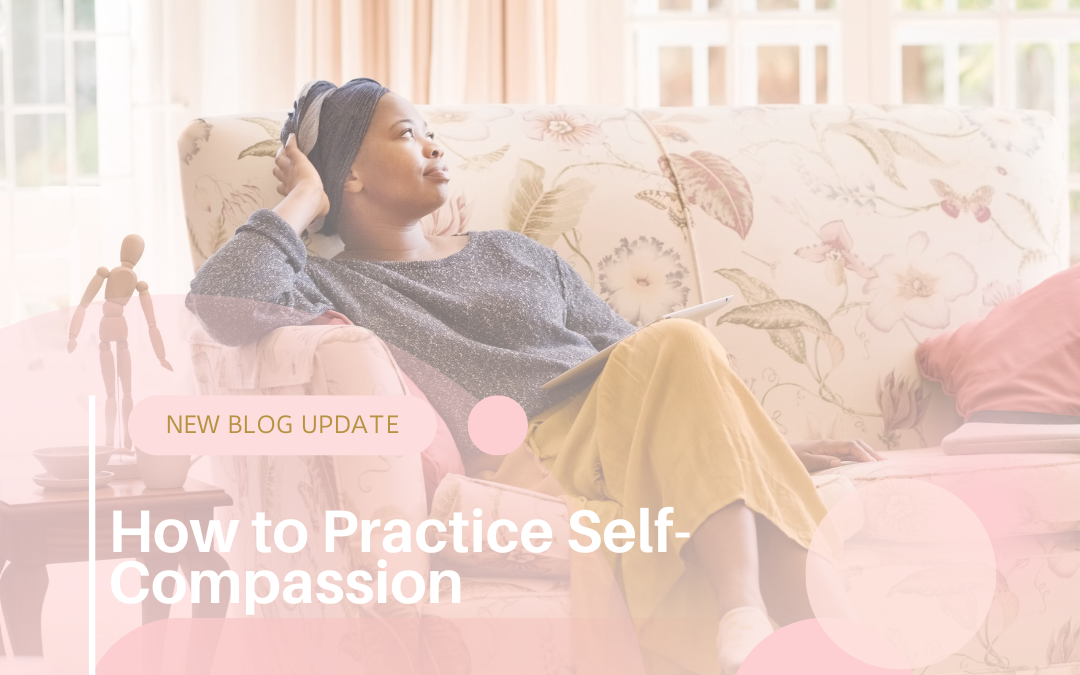In today’s fast-paced world, many of us are our own harshest critics. Whether we’re juggling responsibilities at work, school, or home, it’s easy to fall into patterns of self-judgment when we don’t meet our own expectations. Practicing self-compassion can be a transformative way to approach life with greater kindness and resilience.
What Is Self-Compassion?
Self-compassion, as defined by psychologist Dr. Kristin Neff, involves treating yourself with the same kindness, care, and understanding that you would offer a close friend during a difficult time. It is composed of three core elements:
-
Self-Kindness vs. Self-Judgment
Self-kindness is about being gentle and understanding with yourself instead of harshly critical. It’s accepting your imperfections and mistakes as part of being human. -
Common Humanity vs. Isolation
Recognizing that everyone experiences failure and suffering helps remind us that we’re not alone. Instead of feeling isolated in our struggles, we can connect to the shared human experience. -
Mindfulness vs. Over-Identification
Mindfulness allows us to acknowledge our feelings without judgment and without becoming overwhelmed by them. It helps us observe our experiences as they are, rather than exaggerating or suppressing them.
Why Is Self-Compassion Important?
Research shows that self-compassion is associated with greater emotional resilience, lower levels of anxiety and depression, and an increased sense of well-being. When we are kind to ourselves, we can bounce back from setbacks more effectively and build healthier relationships with ourselves and others.
Practical Ways to Cultivate Self-Compassion
-
Talk to Yourself Like a Friend
The next time you make a mistake or face a challenge, pause and ask yourself: “What would I say to a friend in this situation?” Offer yourself the same empathy and support. -
Write Yourself a Letter
Writing can be a powerful tool for self-compassion. When you’re struggling, write a letter to yourself as if you were comforting a dear friend. Express understanding, encouragement, and kindness. -
Practice Mindfulness
Take time to sit quietly and notice your thoughts and feelings without judgment. Acknowledge your emotions with curiosity and compassion, rather than criticism or avoidance. -
Create a Self-Compassion Mantra
Develop a phrase you can repeat when you’re feeling down, such as: “I’m doing the best I can. It’s okay to feel this way. I’ll get through this.” -
Set Boundaries with Your Inner Critic
When your inner critic starts to get loud, gently remind yourself that everyone makes mistakes and has struggles. Reframe self-critical thoughts into more supportive ones. -
Engage in Self-Care
Regularly check in with your needs. Are you getting enough rest, nourishing your body, and taking time to recharge? Practicing self-compassion includes prioritizing your well-being. -
Seek Professional Support
If self-compassion feels particularly difficult, therapy can provide a safe space to explore your relationship with yourself. Therapists can guide you in developing more compassionate inner dialogue and tools for self-care.
Challenges in Practicing Self-Compassion
At first, self-compassion might feel uncomfortable or counterintuitive—especially if you’re used to motivating yourself with criticism. You may fear that being kind to yourself will make you complacent. However, research suggests that self-compassion actually fosters greater motivation and resilience by creating a supportive rather than punitive mindset.
The Ripple Effect of Self-Compassion
When you practice self-compassion, you not only improve your own mental and emotional well-being but also create a ripple effect. Being kinder to yourself often makes it easier to extend kindness to others, enhancing your relationships and fostering a more compassionate world.
Final Thoughts
Self-compassion is not about ignoring your challenges or letting yourself off the hook. Instead, it’s about approaching yourself with kindness and understanding, even when things don’t go as planned. By practicing self-compassion, you can build a healthier relationship with yourself and find strength in moments of difficulty. Remember: you are worthy of the same compassion you so freely give to others.
Take a deep breath, and remind yourself—it’s okay to be human. You’re doing the best you can, and that is enough.


Recent Comments